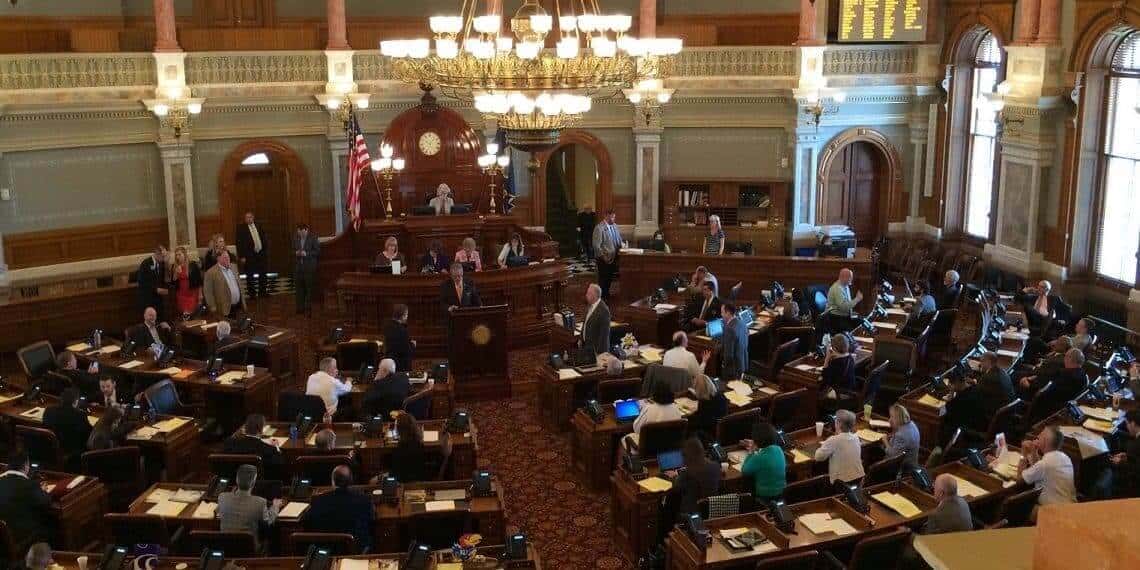Join Our Telegram channel to stay up to date on breaking news coverage
The cryptocurrency industry is getting some more help from the United States Congress, as several members have asked for some regulatory tax leniency.
Yesterday, Representatives Tom Emmer (R-MN), Darren Soto (D-FL), David Schweikert (R-AZ), and Bill Foster (D-IL) wrote a letter to the Internal Revenue Service (IRS), asking it to exercise caution as it taxes staking rewards from Proof-of-Stake (PoS) blockchains.
Inflated PoS Staking Rewards
In the letter, the Congress members tried to differentiate between PoS blockchains and the traditional Proof-of-Work (PoW) blockchains, especially from an energy consumption standpoint. They explained the energy savings that PoS blockchains provide, and how it incentivizes people to mine cryptocurrencies in a safer and more eco-friendly way.
They pointed out that staking involves third parties (Staking-as-a-service providers) who help simplify the mining process significantly. Thus, given that these service providers also take their cut of the staking rewards, the rewards that miners get may be quite overstated.
“Those who help validate transactions create new blocks in the cryptocurrency blockchain and also create these new tokens. Similar to all forms of taxpayer-created property, these tokens could be taxed when they are sold,” the letter highlights.
The four Congress members who wrote the letter are part of the Congressional blockchain task Force. They have shown an interest in the development of the industry, and they ended the letter by committing to building a tax regime that is fair and won’t discourage innovation.
Congress Bails Out Crypto
Taxation remains one of the murkier subjects in the crypto industry. While the IRS tried to build tax guidance for the industry in 2019, experts criticized the effort for watering down several terms — and getting others outrightly wrong.
Last December, eight Congress members asked the tax authority to clarify its tax guidance and improve on what it did earlier. The IRS guidance had initially noted several taxation points, including taxes on hard forks and airdrops. However, Congress pointed out that the agency’s ruling had used hypothetical examples for references that weren’t plausible. So, they would be unclear for taxpayers.
The letter also pointed out a glaring lack of guidance within the current IRS ruling for different crypto-based finance aspects. These included crypto-based income, futures trading, and interest earned from the deposit of digital assets. Additionally, it asked for decisive action on tax withholding and reporting tools, including Form 1099.
While important, taxation isn’t the only area where Congress has come to aid crypto investors. In January, six Democrats from both houses of Congress wrote to Ajit Pai, the Chairman of the Federal Communications Commission (FCC), to strengthen enforcement of safety procedures against SIM swapping attacks.
The lawmakers explained that SIM swapping attacks had increased from 215 in 2016 to 728 in November 2019. They added that corrupt telecoms company employees contribute to a great deal of these attacks, and the FCC needed to enforce stricter penalties on companies that fail to protect their customers from these attacks. Given that many crypto investors have had encounters with SIM swapping attacks, this was quite the bold move.
Join Our Telegram channel to stay up to date on breaking news coverage


